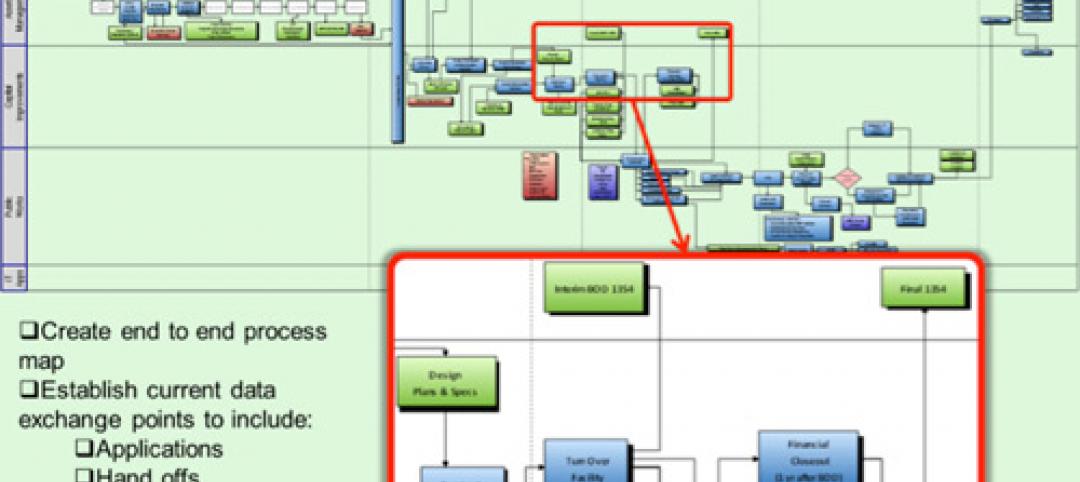First-of-their-kind resilience benchmarks for U.S. communities that can be used to evaluate the current state of resilience and guidance for areas of improvement has been released.
The benchmarks, developed by the International Code Council and the Alliance for National and Community Resilience (ANCR), consist of nine requirements aimed at increasing the resilience of communities, including the adoption, administration, and enforcement of building codes. The benchmarks encourage local governments to adopt building codes and to provide the human, technical and financial resources necessary to support permitting, plan review, and inspections.
“A holistic approach to identifying and incorporating resilience measures into a community’s building stock, including the adoption of the latest building codes, supports the mitigation of damage from natural disasters and increases the overall resiliency of our communities,” said ANCR Executive Director Ryan Colker in a news release. “These benchmarks provide a standard for local and state governments to follow ensuring they are well prepared for the next disaster.”
State and local government officials contributed to the development of the buildings benchmarks, including representatives from the Virginia Department of Housing and Community Development and the New York City Department of Buildings. Representatives from across the building industry, including designers, manufacturers, trade groups and nonprofits, were also involved in the development of the benchmarks.
Related Stories
| Oct 9, 2014
Cities get creative with stormwater management
Cities around the world are crafting stormwater management policies that include natural and manmade methods to store and absorb runoff to reduce flooding.
| Oct 2, 2014
Fannie Mae study says affordable rental units more energy efficient than market-rate units
Fannie Mae’s new report on energy usage in the multifamily sector found that affordable properties use 28% less energy per unit and are 29% smaller than market-rate properties.
| Oct 2, 2014
California Energy Commission launches code upgrade process
The California Energy Commission launched the upgrade process to Title 24, the state energy code, last month.
| Oct 2, 2014
Canals to mitigate flooding could be in Boston’s future
The Urban Land Institute held brainstorming sessions over the last several months involving more than 70 engineers, architects, and development and insurance specialists to examine how rising sea levels would affect four representative areas in and around Boston.
| Oct 2, 2014
Los Angeles reverses ban on high-rise slanted roofs and spires
Los Angeles reversed course last month on a regulation that had barred skyscrapers from having slanted roofs or spires.
| Sep 29, 2014
10 common deficiencies in aging healthcare facilities
VOA's Douglas King pinpoints the top issues that arise during healthcare facilities assessments, including missing fire/smoke dampers, out-of-place fire alarms, and poorly constructed doorways.
| Sep 29, 2014
Report finds links between office design, health and productivity
A new report from the World Green Building Council finds “overwhelming evidence” to support office design as a significant influencer of the health, wellbeing and productivity of staff.
| Sep 29, 2014
San Francisco office tower is first U.S. building to earn LEED Platinum v4 certification
One Sansome Street, San Francisco is the first building in the U.S. to achieve LEED Platinum v4 certification. The building is also only the second property worldwide to be awarded with v4 certification.
| Sep 29, 2014
Navy to begin BIM phased implementation in October
The U.S. Naval Facilities Engineering Command will begin its Building Information Management and Modeling (BIM) Phased Implementation Plan in October.
| Sep 18, 2014
GBCI to administer PEER certification for power grids and building projects
The Green Building Certification Institute (GBCI) will administer certification for the Performance Excellence in Electricity Renewal (PEER) program.















